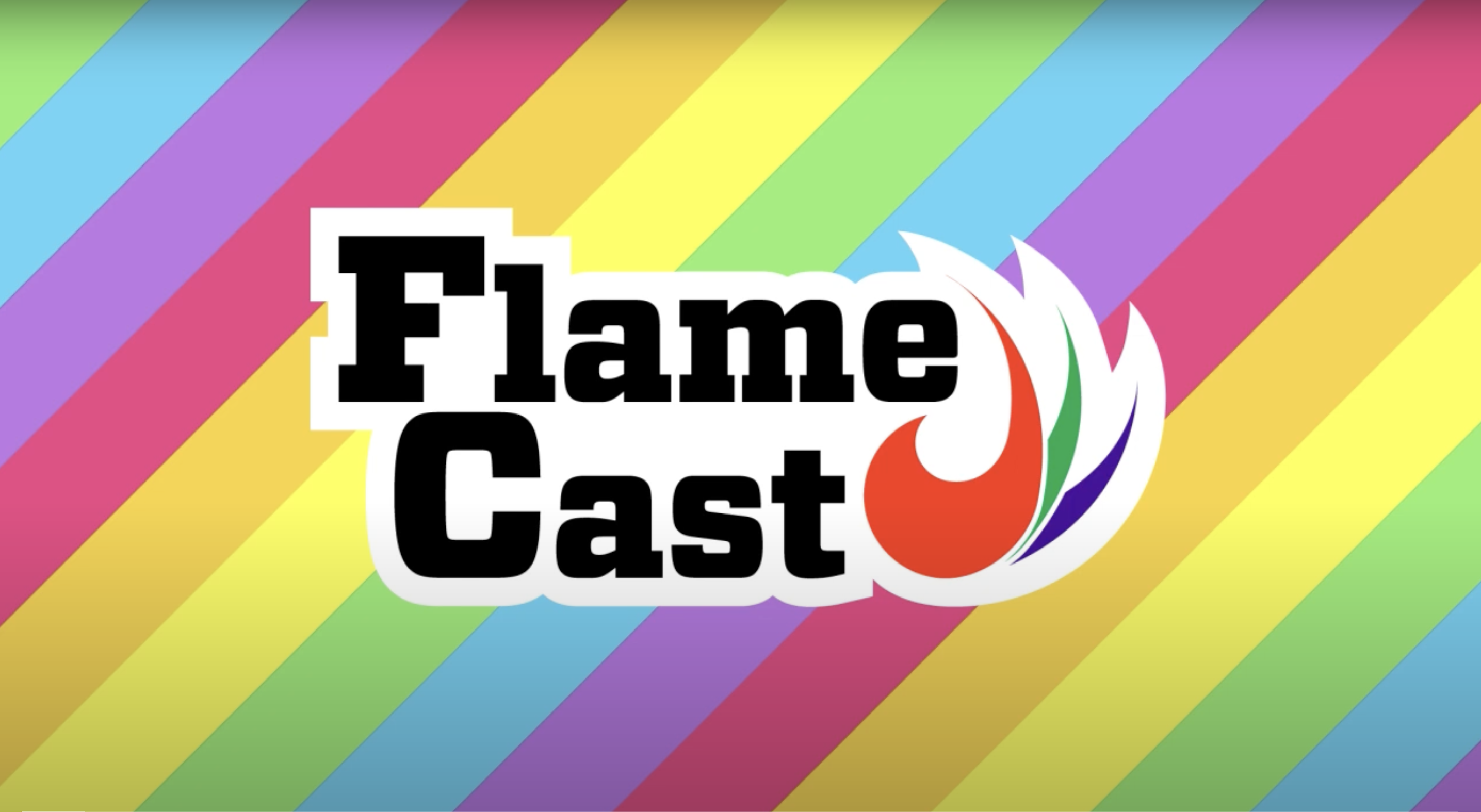
by Kevin Gilligan | Apr 19, 2022 | Blog
It’s the return of the Flame Cast, our celebration of past, present, and future Flame Con guests. Join Kevin in a conversation with Eric & Ray with Rage Gear Studios (@ragegearstudios) as we get to know their influences and what they get Down & Nerdy...
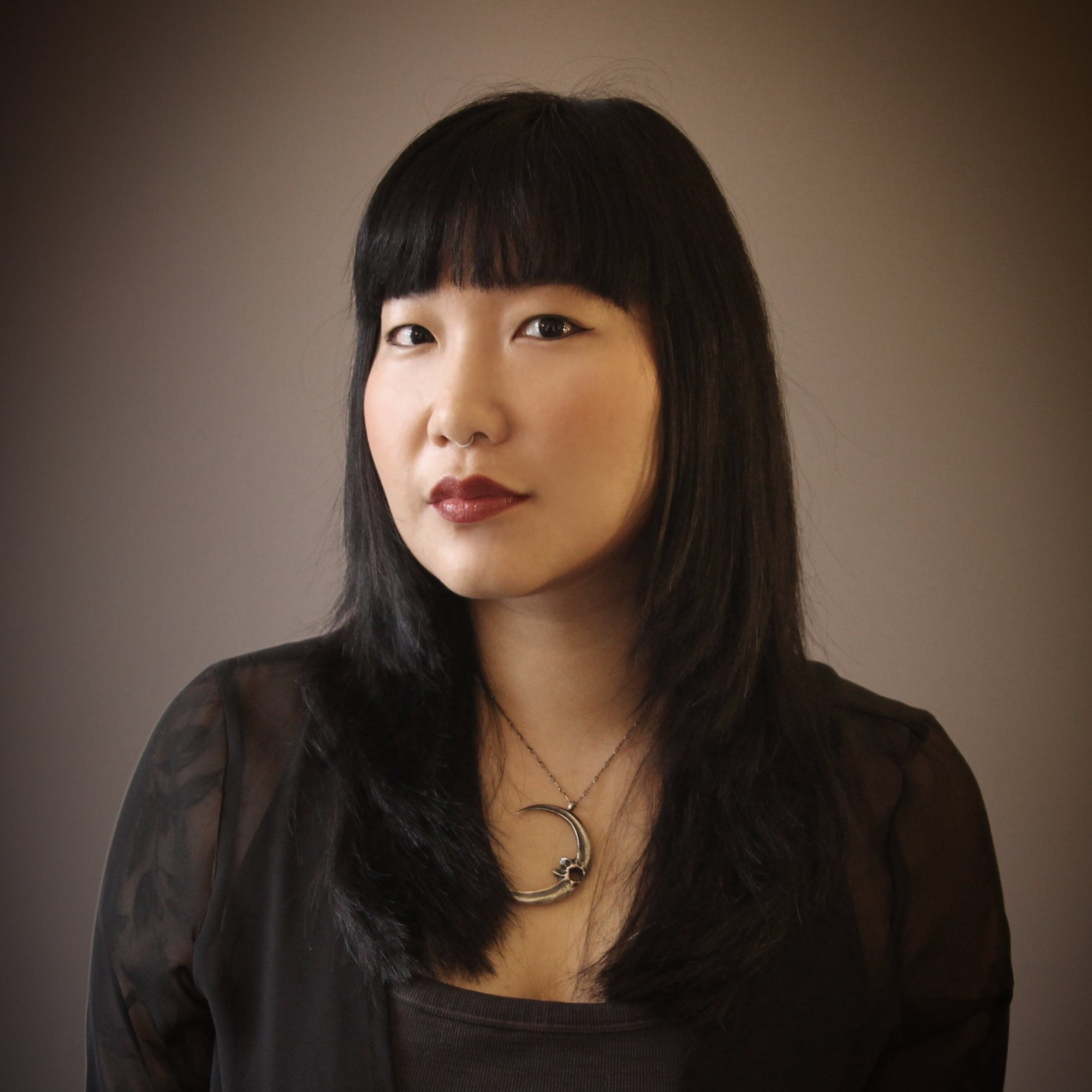
by Michele Kirichanskaya | Apr 14, 2022 | Blog
Emily X.R. Pan lives on Lenape land in Brooklyn, New York, but was originally born in the Midwestern United States to immigrant parents from Taiwan. Her debut novel, The Astonishing Color of After, was a New York Times bestseller, winner of the APALA Honor and Walter...
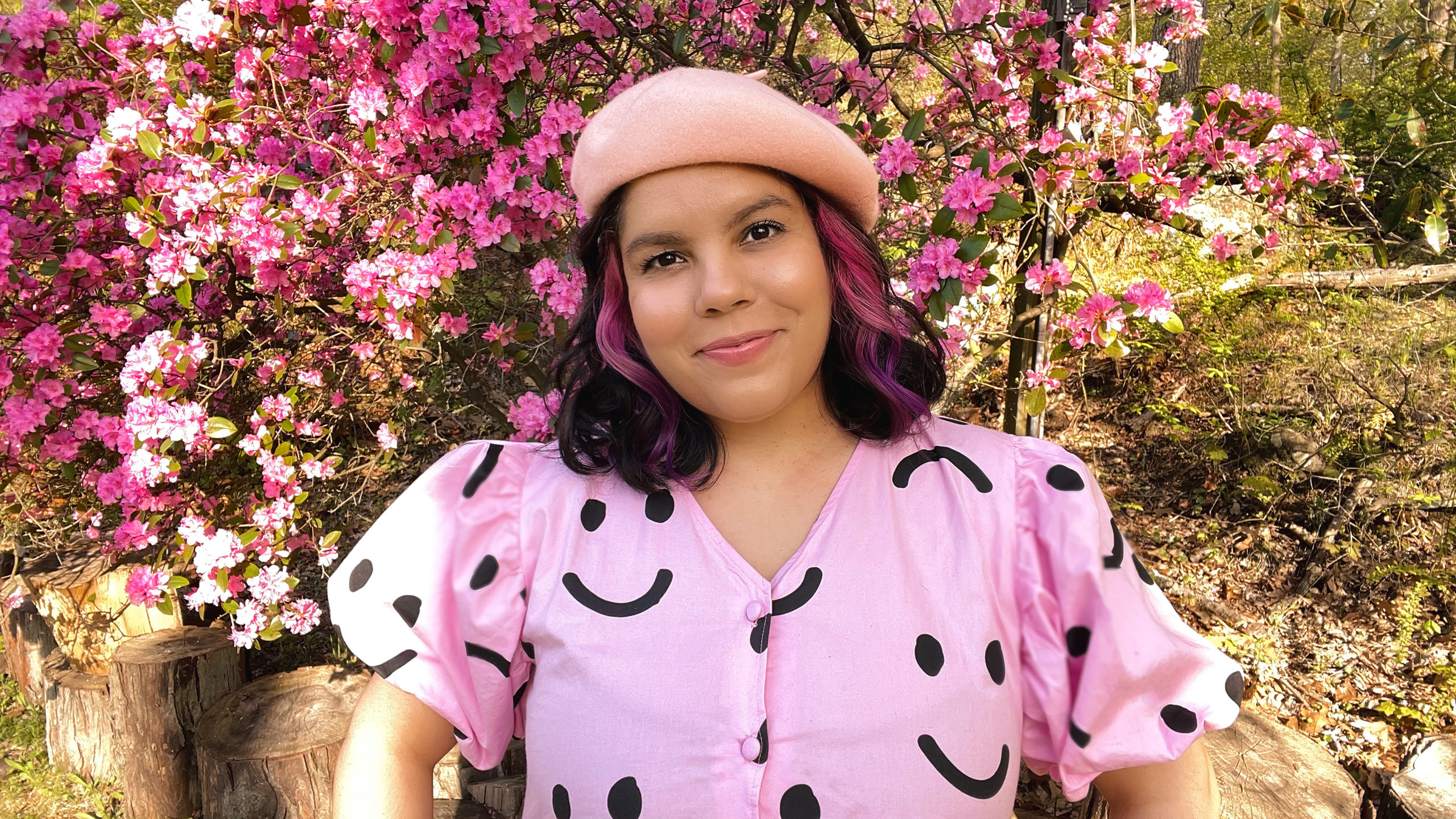
by Michele Kirichanskaya | Apr 13, 2022 | Blog
New York Times Bestselling and award-winning author, Claribel A. Ortega is a former reporter who writes middle-grade and young adult fantasy inspired by her Dominican heritage. When she’s not busy turning her obsession with eighties pop culture, magic, and video...
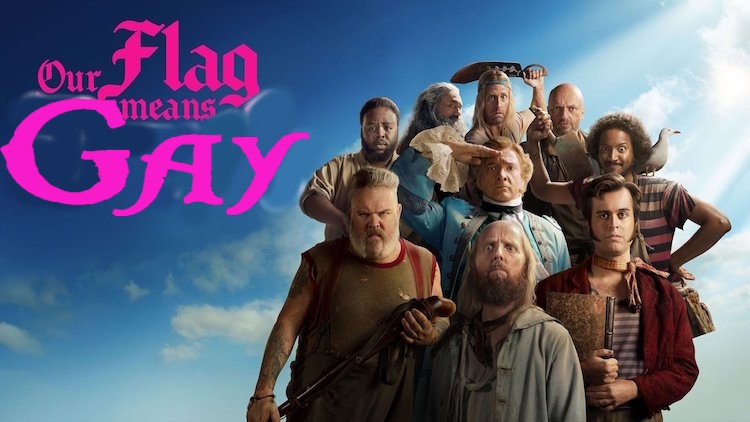
by Kevin Gilligan | Apr 12, 2022 | Podcast
https://geeksoutpodcast.libsyn.com/geeks-out-podcast-our-flag-means-gay In a new episode of the Geeks OUT Podcast, Kevin is joined by Tea Berry-Blue, as they discuss the new trailers for Russian Doll and The Bob’s Burgers Movie, the queer storylines in Our Flag...
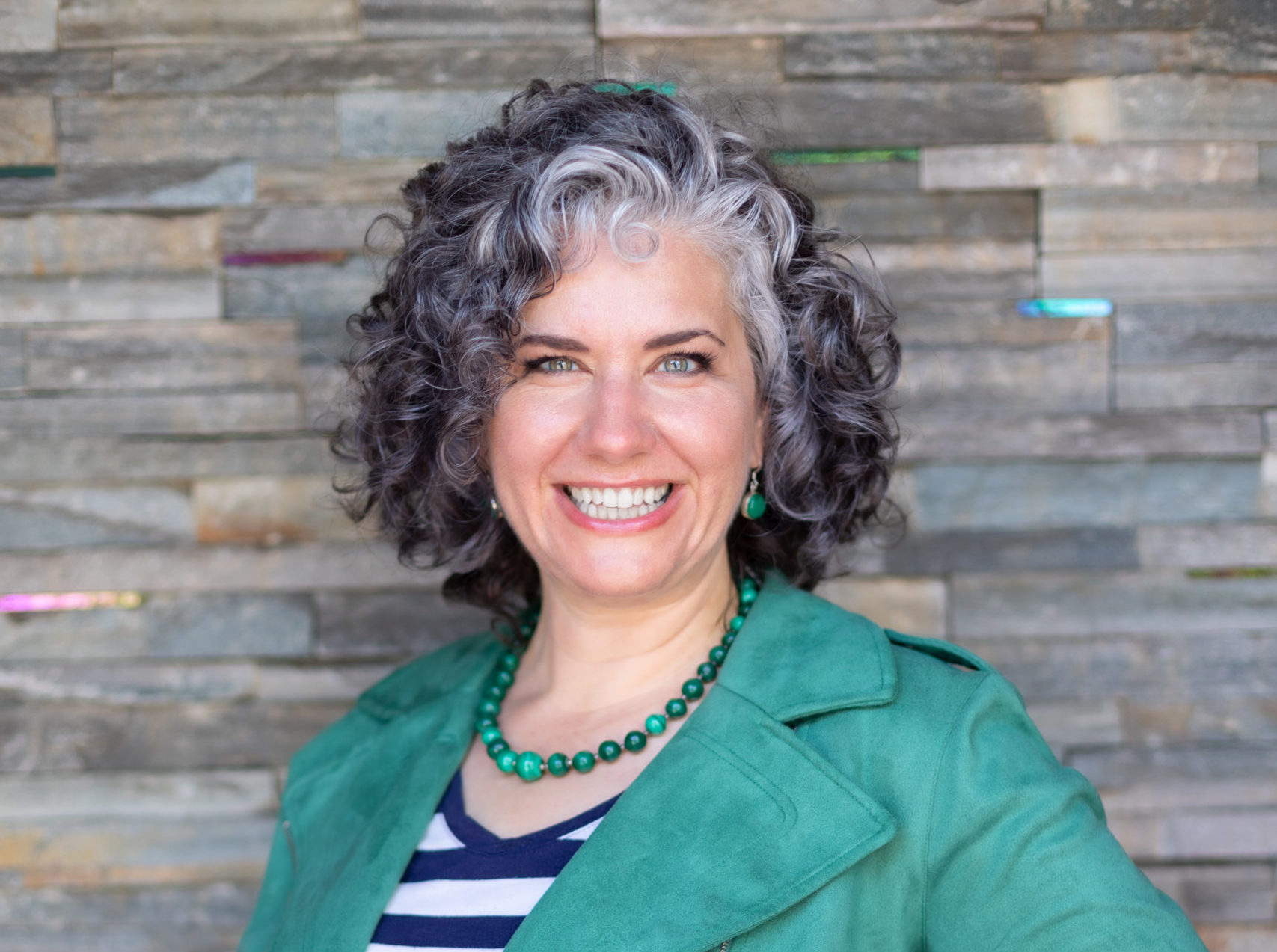
by Michele Kirichanskaya | Apr 8, 2022 | Blog
Amelia Loken writes Young Adult Fantasy and Contemporary fiction, exploring the courage of people who forge bridges from the shards of old obstacles. Professionally, she’s worked in the Deaf community as an ASL/English interpreter and currently in the field of...






